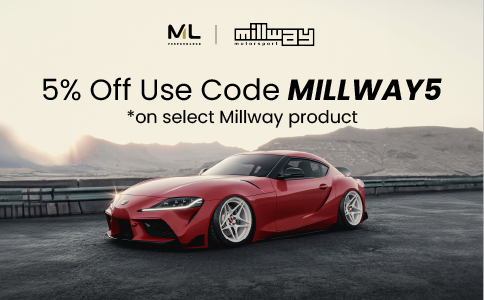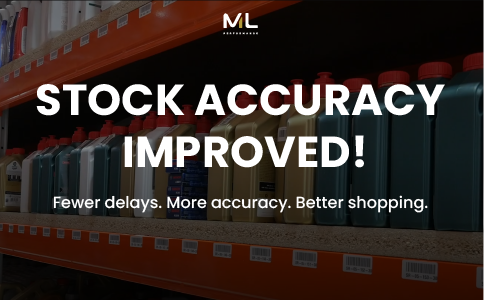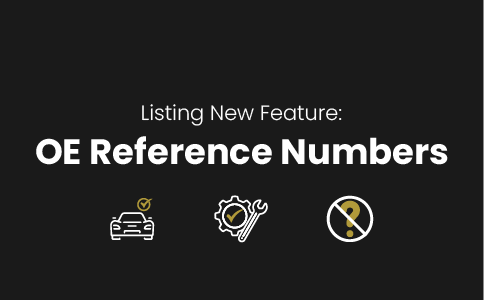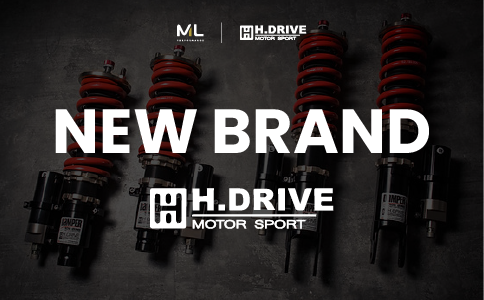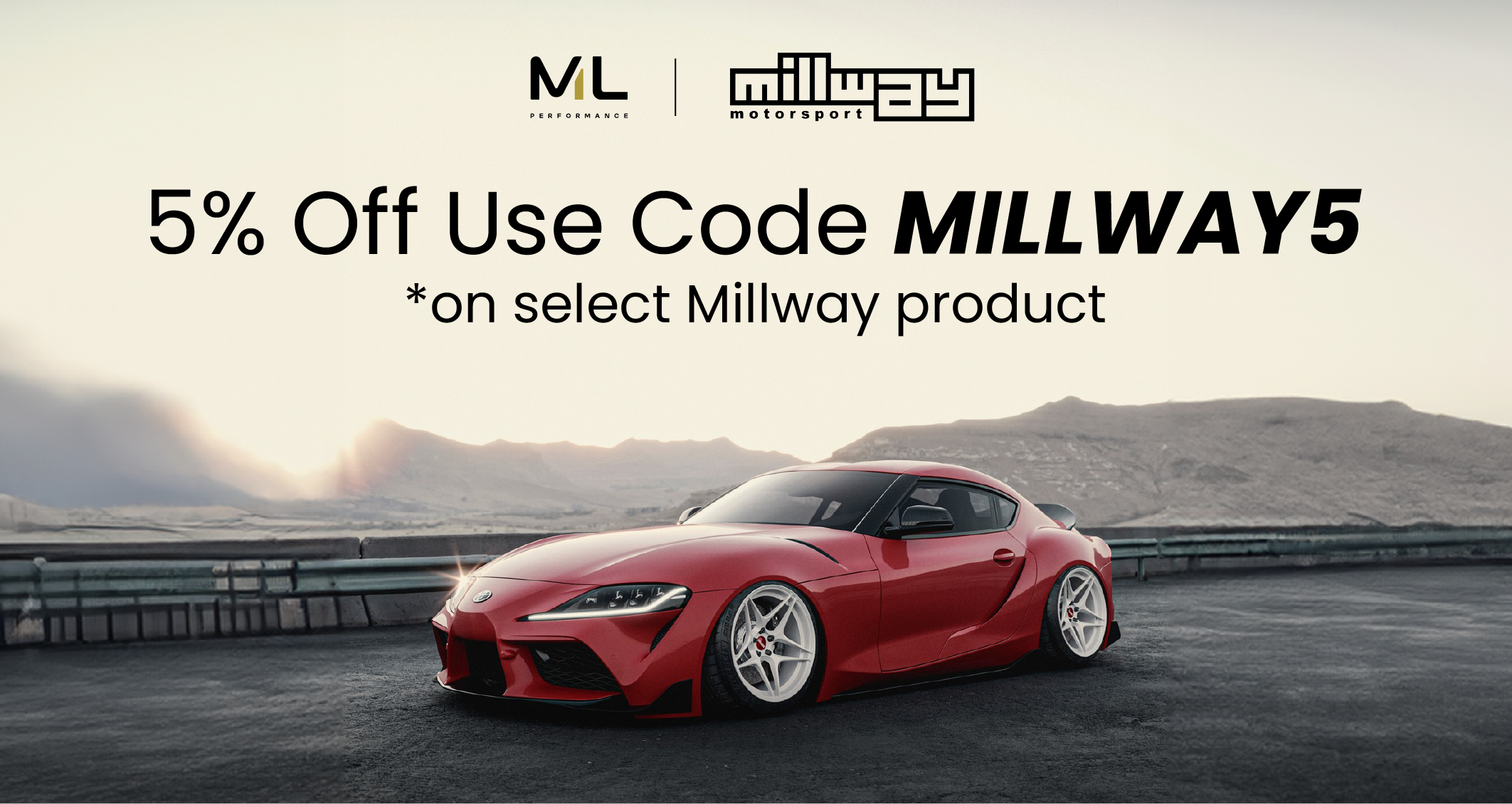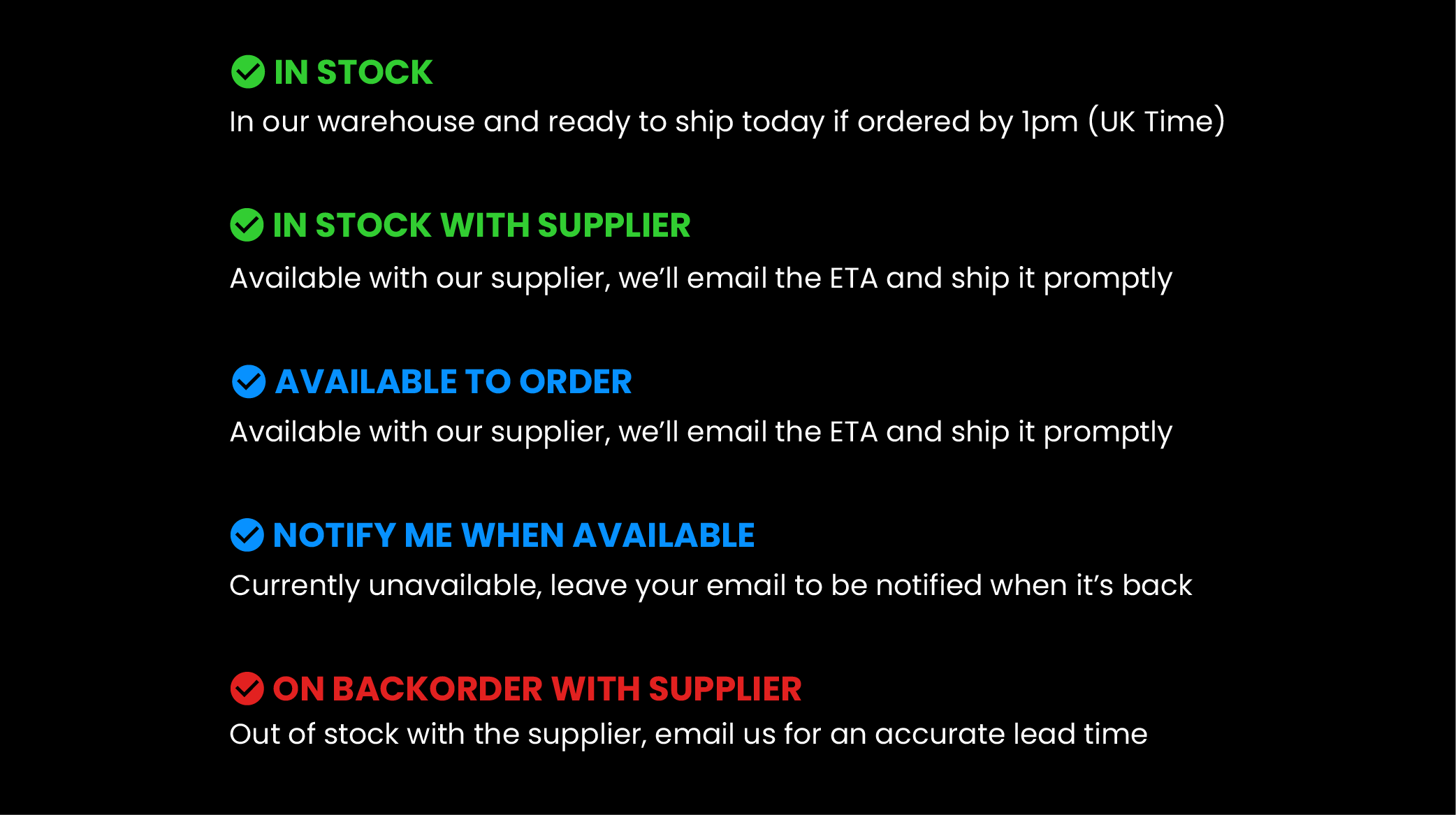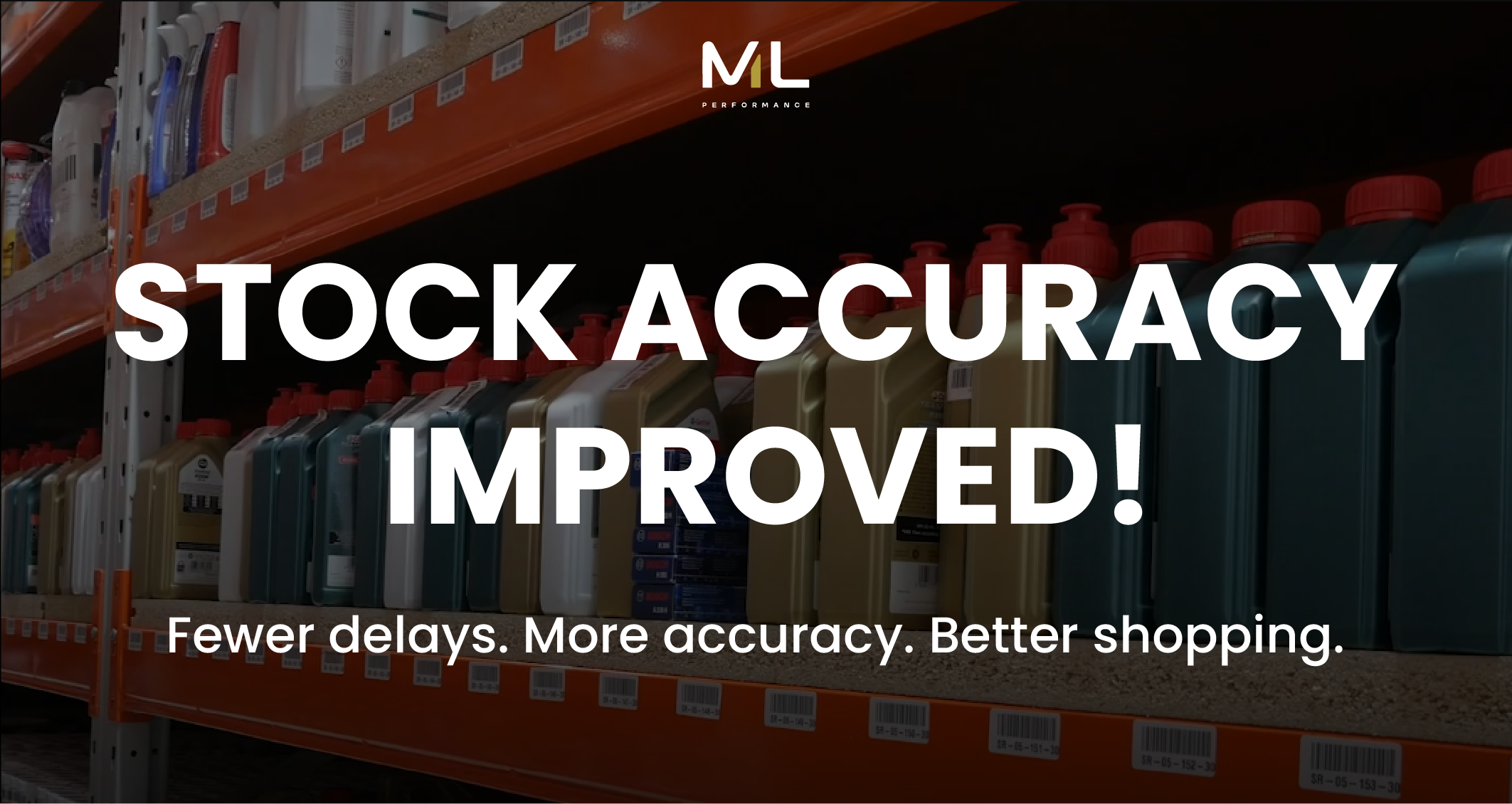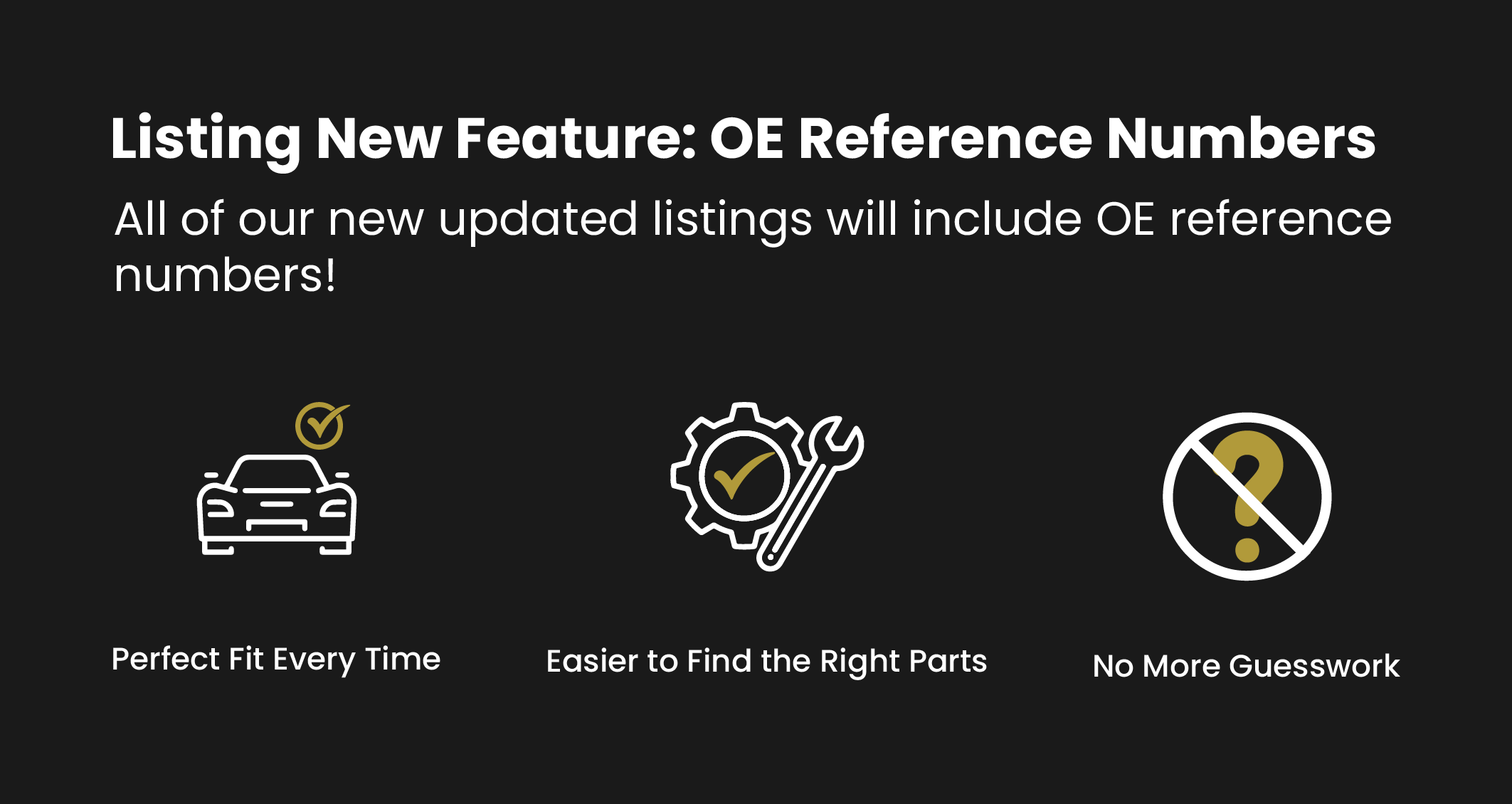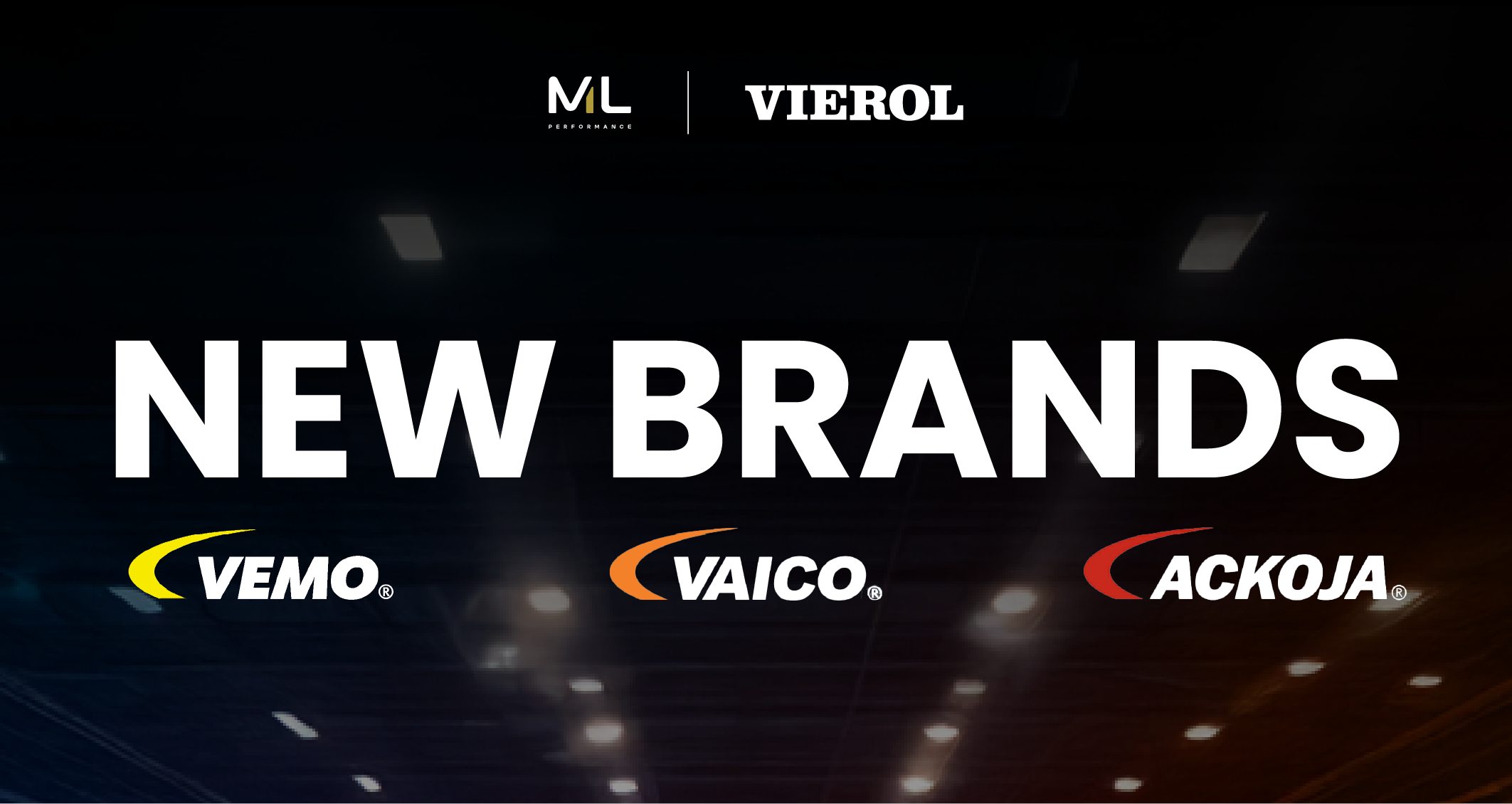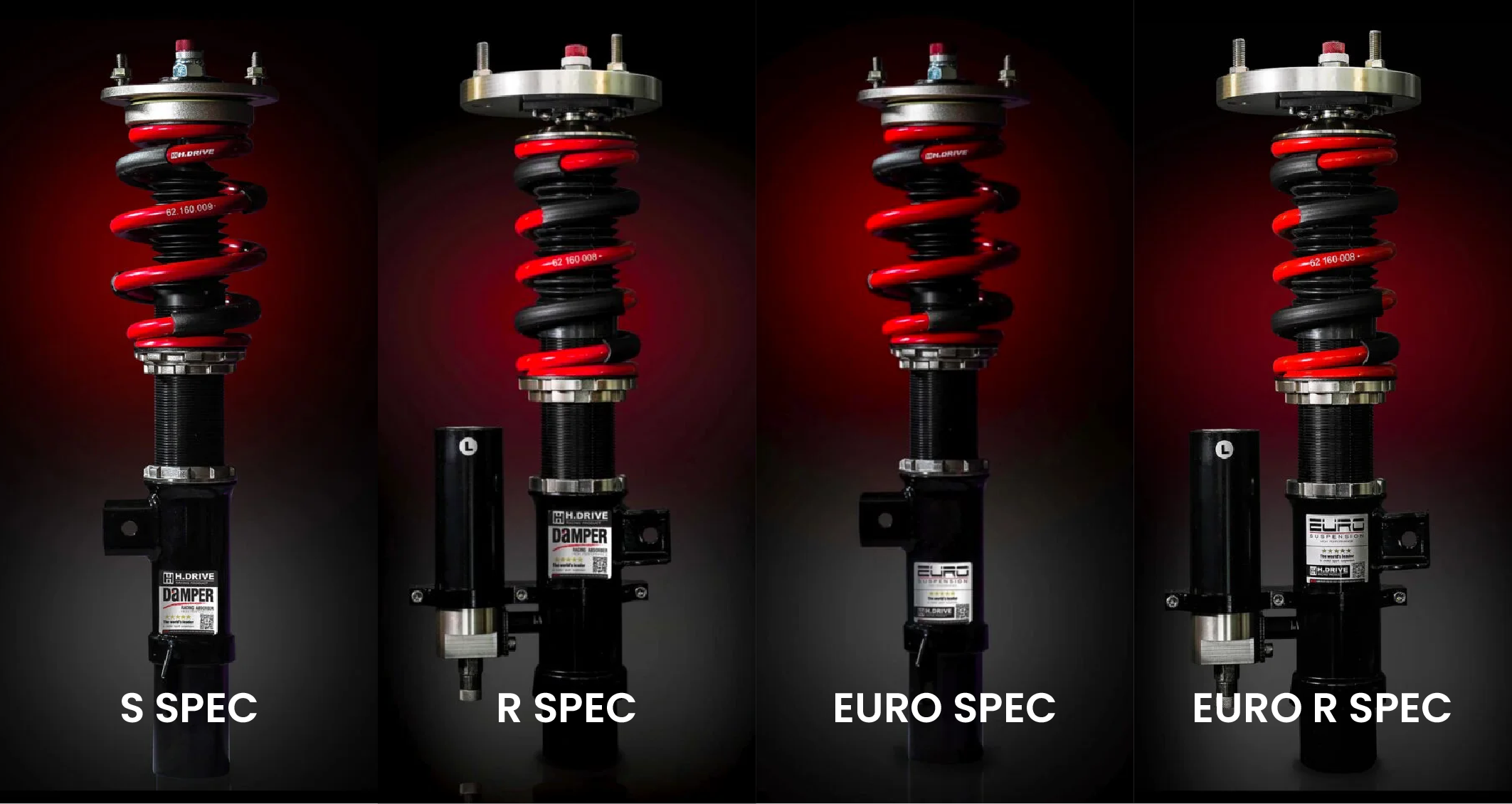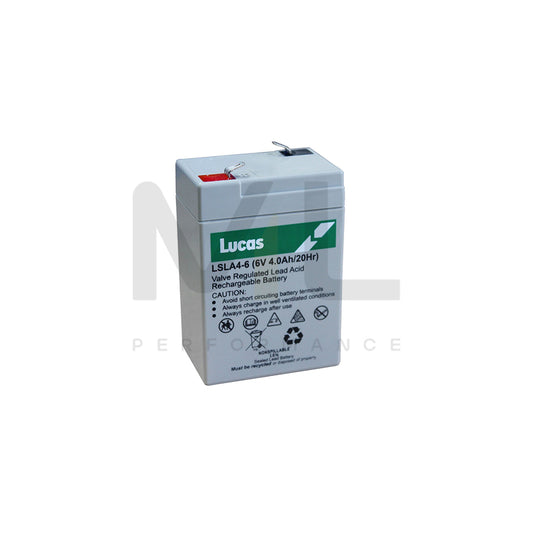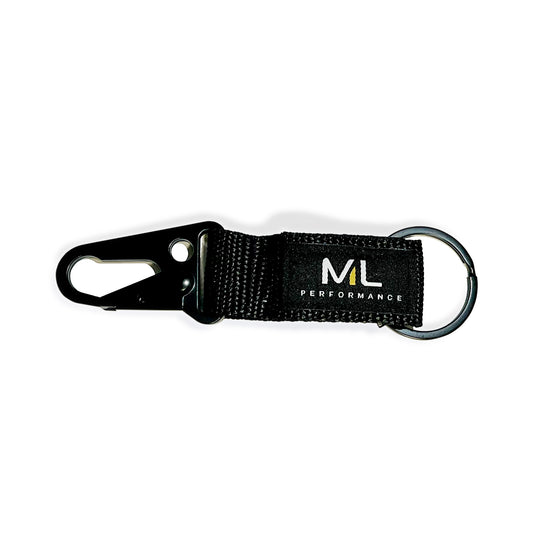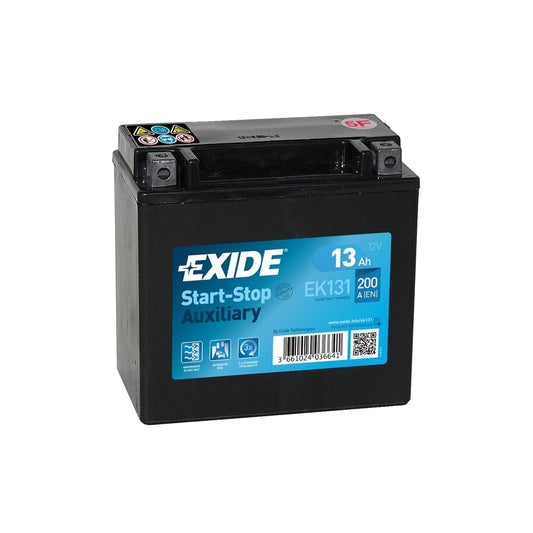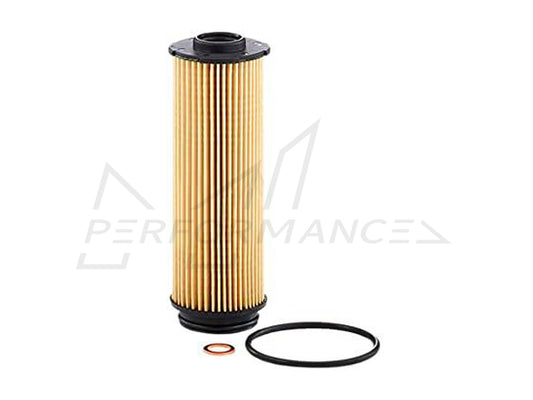Manufactured by
Integrated Engineering (IE)
Frequently Asked Questions
Are these are a direct replacement for my factory rods?
These rods fit several VW/Audi engines that use a 144x20mm rod. Due to the wide range of engines these rods fit, please see the applications table above.
Is there a proper orientation to install the bearing tangs on our connecting rods?
We recommend installing the bearings tangs facing the exhaust side of the engine.
Are these connecting rods forged?
Yes, all Integrated Engineering Connecting Rods are made from tough and durable 4340 forgings. These forgings far exceed the quality of most factory rods that are typically made from powdered metal as a cost-saving measure.
What other parts will be needed to install my new IE connecting rod set?
At a minimum, you should use a new set of connecting rod bearings when installing rods. We also offer several install kits to make this process as easy as possible. For more information on rod bearings and install kits, please see the install kits section above.
Do these rods require any additional machine work for installation?
IE connecting rods are delivered to you in "ready to install" condition. Other engine machine work may be required though when rebuilding an engine, such as decking the block or boring and honing cylinder walls.
Is balancing the engine required when installing these connecting rods?
Since IE rods are sold in balanced sets this is not required. For extreme performance application, this can still be done if desired.
How much do these rods weigh?
The average weight of a single rod with bolts is 574 grams. Rod weights can vary slightly per set. More technical information can be found in the basic dimensions section above as well.
What is the maximum RPM limit of these rods?
The maximum RPM limit can be affected by many factors. In this application, we suggest not exceeding 8500 RPM with ARP 2000 bolts. If you plan on exceeding this RPM level, consider upgrading to ARP 625+ bolts.
When should I upgrade to ARP 625+ rod bolts?
Generally speaking, high RPM conditions put the most stress on rod bolts as the rod and cap are literally being pulled in opposite directions. If you plan on pushing your engine far past factory redline or 8500 RPM we would suggest upgrading to 625+ ARP bolts.
Do I need rifle drilling?
Rifle drilling is not required. However, we do strongly recommend it for daily driver and high mileage applications. Rifle drilling has been proven to extend wrist pin and bushing life and has also been utilized over the years in several VW/Audi factory connecting rods.
What is the horsepower rating on these connecting rods?
Many high horsepower VW and Audi vehicles use IE rods. We rate our 4 cylinder H-beam rods for 700+ HP/ft-lb TQ. If you are planning on exceeding those levels we recommend upgrading to our Tuscan I-beam Rods (part number IERTVA1).
What pistons will these rods work with?
We stock several high-quality piston options to suit your specific needs and to match our connecting rods. To see what we have to offer be sure to see our piston recommendations section above.
What are the most common reasons for connecting rod failure?
As one of the highest stressed components in the engine, there are several things that can contribute to a failure. The most common failure is caused by improper installation followed by improper tuning. We recommend that you seek professional help for both installation and tuning. Oiling system health is also essential to ensuring safe engine operation. Momentary oil starvation can result in spun rod bearings and engine failure. In extreme applications also be sure that you are using heavy duty wrist pins. On many of the pistons, we offer we either include stout wrist pins or offer them as an upgrade.




